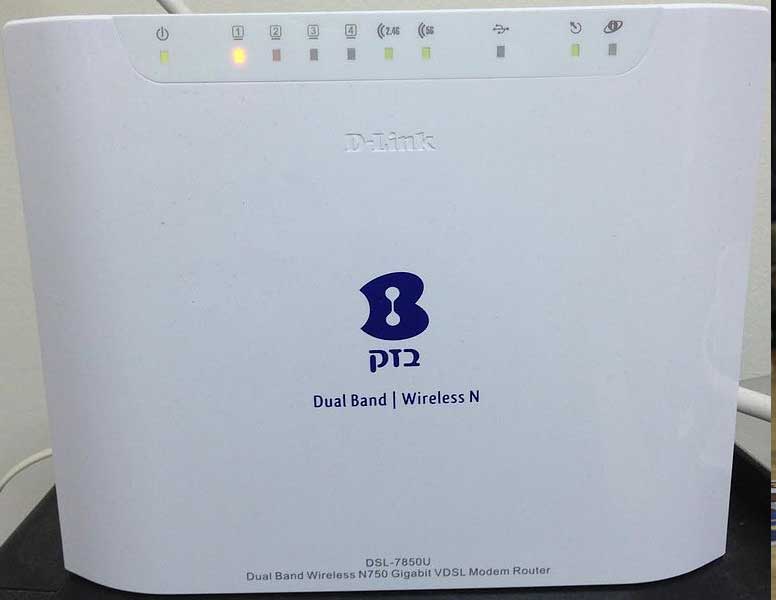6/21/2017 Corruption and Peace
Jared Kushner has joined Jason Greenblatt in Israel working toward President Donald Trump Administration's quest to bring peace between Israel and the Palestinians. Greenblatt is clearly one of the most competent members of the Trump Administration and what he may lack in diplomatic experience, he seems to be making up for with years of practice as a lawyer and his personal knowledge of Israel. Most Israelis wish them well and hope for the best, but do not have high expectations. Israelis, along with most independent observers, know what a final peace will look like, however, very few people seem to have a clue how to get there. Still, most people in Israel are willing to let the Trump team try. Maybe, just maybe, the fact that Trump's team is made up of Orthodox Jews will give them insights and abilities that have eluded more experienced negotiators in the past. Both Kushner and Greenblatt made their first stop on their visits in Israel to pay a condolence call at the home of the slain Israeli policewoman, an act appreciated by the Israeli public.
Meanwhile, the story that has riveted the Israeli public in the last 24 hours has been the detaining of Shaul Elovitch, the controlling share holder of Bezeq (the dominant Israeli telecommunications firm that holds a near monopoly on land-lines, and as a result land-internet connectivity. Think of AT&T before the breakup. Elovitch, as well of a numbers of others, are being accused by Israel’s equivalent of the Security and Exchange Commission, of self-dealing to enrich himself at the expense of the other shareholders. Without going into too many details, one of the matters under investigation is the charge that Elovitch – who controls Bezeq through his holdings in other companies – arranged for Bezeq to purchase Yes, Israel’s Satellite Television firm, (which he owned the majority of the shares) for an inflated price. The result of this and other alleged actions is Bezeq made a number of deals that lined Elovitch’s personal pockets, instead of investing in its aging infrastructure.
It should be noted that five years ago Israelis were promised a “fiber revolution” by then prime ministerial candidate Benjamin Netanyahu, who vowed to bring fiber to the home for all. Since then, only a handful of homes have received fiber, and in Israel – “the start up nation” – the average connection to the internet is slower than the average resident of OECD countries. Furthermore, Prime Minister Netanyahu also served as Minister of Communications during part of the period in question, and was only forced to give up his control over that ministry when it became known that he and Elovitch were close friends. While no allegations have been raised to date about Netanyahu's involvement in this latest scandal, it joins a long list of “affairs” that have led some to ask— “How did we get here?”
On the business front, Elovitch is not the only leading “tycoon” to fall afoul of the law. Nochi Dankner, who until 4 years ago headed Israel's largest pyramid of companies, is currently appealing his conviction for stock manipulation. Eliezer Fishman, who controlled another large group of companies, was declared bankrupt today by the judge hearing his case.
In the political world the situation is even more troubling. Four cabinet ministers, including the Prime Minister himself, are under investigation for various crimes and the current Defense Minister Avigdor Lieberman only escaped prosecution – despite police recommendation – because the government Attorney General claimed there was not enough proof to prosecute. Of course, it does not end there. Former Prime Minister Olmert is in jail and the list of mayors that have been convicted or charged is breathtaking.
While many are proud of Israel’s democracy — i.e., that everyone is “equal before the law” —some have begun to question — Why so many politicians and leading businessman have been accused or found guilty of corruption? There is no easy answer. I have had an ongoing discussion, over the years, with a friend who has served in positions high up in the government, as to whether there was more corruption in Israel today, or rather, that the police are doing a better job ferreting it out.
Events of the last year have settled that argument. There is clearly more corruption today. The open question remains — Why? Part of the answer is no doubt due to the fact that over the last twenty years Israel has evolved from one of the most egalitarian countries in the world, into a country whose gap between rich and poor is one of the widest in the OECD. It is a country that privatized much of the state owned enterprises (e.g. Bezeq), in ways that allowed individuals with little of their own capital take control of these companies. When it comes to public corruption, it is no doubt due, in part, to the fact that in contrast to the US, where many politicians seek office after having a successful career, in Israel, often political officials have made politics their career from day one. Whatever the reasons are, it's clear that the corruption seems more endemic than many thought and is having a truly negative impact on both the economy and people's faith in the government.
Israel has been a country whose ethos has always included shared sacrifice, combined with a belief that the government – while not perfect – would always minimally do what they thought was right for the country. The level of corruption that has emerged in the last few years endangers that long-held belief.

 >
>